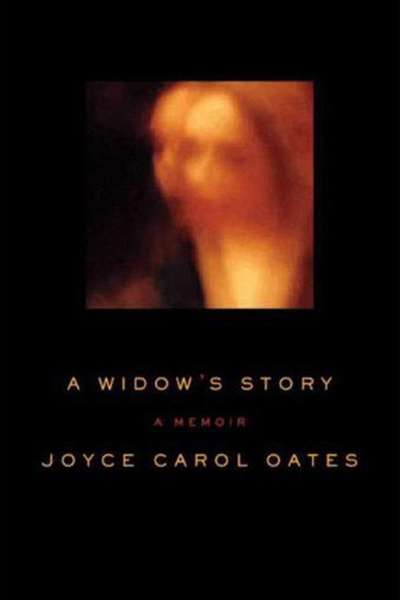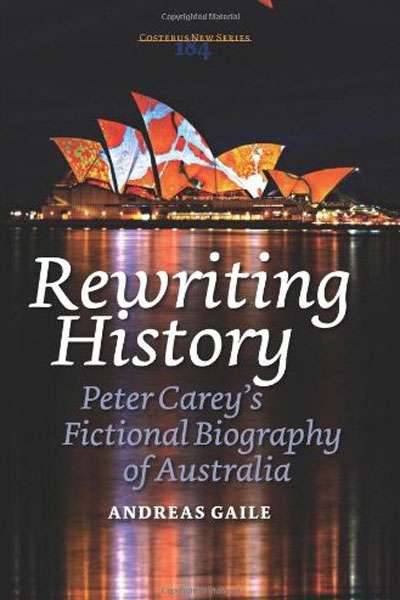Non Fiction
On 18 February 2008, Joyce Carol Oates’s husband, Raymond J. Smith, died unexpectedly of cardiopulmonary arrest. Smith was eminent in his own field as editor of the Ontario Review, but quietly eminent. Now he has become famous, a household name in international literary circles – as his widow’s spouse. It is an odd state of being, or non-being. But this is an odd book, alternately brilliant and bizarre.
... (read more)Australian Documentary: History, Practices, Genres by Trish FitzSimons, Pat Laughren, and Dugald Williamson
The concept of ‘documentary’ is a slippery customer. It may start with John Grierson’s ‘creative treatment of actuality’, but, like holding water in your hand, it bleeds across media from film into television and digital media, and across modes in one direction into news reporting and in the other into docudrama ...
... (read more)Rewriting History: Peter Carey’s Fictional Biography of Australia by Andreas Gaile
Andreas Gaile presents his Rewriting History as Peter Carey’s biography of Australia. Before he gives us the facts of that biography, however, he suggests why Carey cannot write a biography of Australia: ‘there is no “real” Australia waiting to be uncovered. A national identity is an invention ...
... (read more)Crack Hardy: From Gallipoli to Flanders to the Somme, the True Story of Three Australian Brothers at War by Stephen Dando-Collins
While explorations of Australia at war have never been short on ‘male stories’, the prevalence of the masculine frame may yet increase in coming years as part of the ongoing examination of competing forms of manhood in this country, as evidenced by the upcoming symposium ‘Embattled Men: Masculinity and War’ at the Australian National University. The publicit ...
The Garden of Ideas: Four Centuries of Australian Style by Richard Aitken
When Bouvard and Pécuchet suddenly become enamoured of landscape design in Flaubert’s novel of 1881, and decide to remodel their own garden, they are bewildered by the ‘infinity of styles’ that are available to them. After much deliberation and research, they decide to install an Etruscan tomb with an inscription ...
... (read more)Since the mid 1990s, when Robert Putnam lionised the concept in his famous essay ‘Bowling Alone’, writing on ‘social capital’ has proliferated. It caught the eye of politicians, including then United States President Bill Clinton, and for a while it seemed that everyone was lamenting its decline ...
... (read more)Uneven realities
Nigel Pearn
The elasticity of fiction, the ‘what if’ – in other words, the genre’s very virtues and interests – are often the characteristics that alienate ‘sensible’ readers. To the literal-minded, literature can present as a self-defeating puzzle. All that pretence is exhausting, irrelevant at best, ...
Australians quite like the idea of freedom of speech, except in almost any situation you can think of. We hold that speaking freely is acceptable and commendable except when it is rude, upsetting, unpatriotic, in poor taste, or blocks the traffic.
...‘A peculiar bloke, Jack; you never knew him. You couldn’t get close to him.’ Reg Pollard, who was one of the abler members of the Labor Caucus in the 1940s, confessed his puzzlement to Lloyd Ross as Curtin’s biographer gathered personal testimony ...
... (read more)Patrick White within the Western Literary Tradition by John Beston & Remembering Patrick White edited by Elizabeth McMahon and Brigitta Olubas
That Patrick White is thought of as an Australian writer is, though regrettable, undeniable. Two problems follow: the first being that he tends to be presented by his critical custodians in an almost comically restricted way, as though White’s works needed to be measured and justified only by Australian standards and terms of comparison ...
... (read more)

